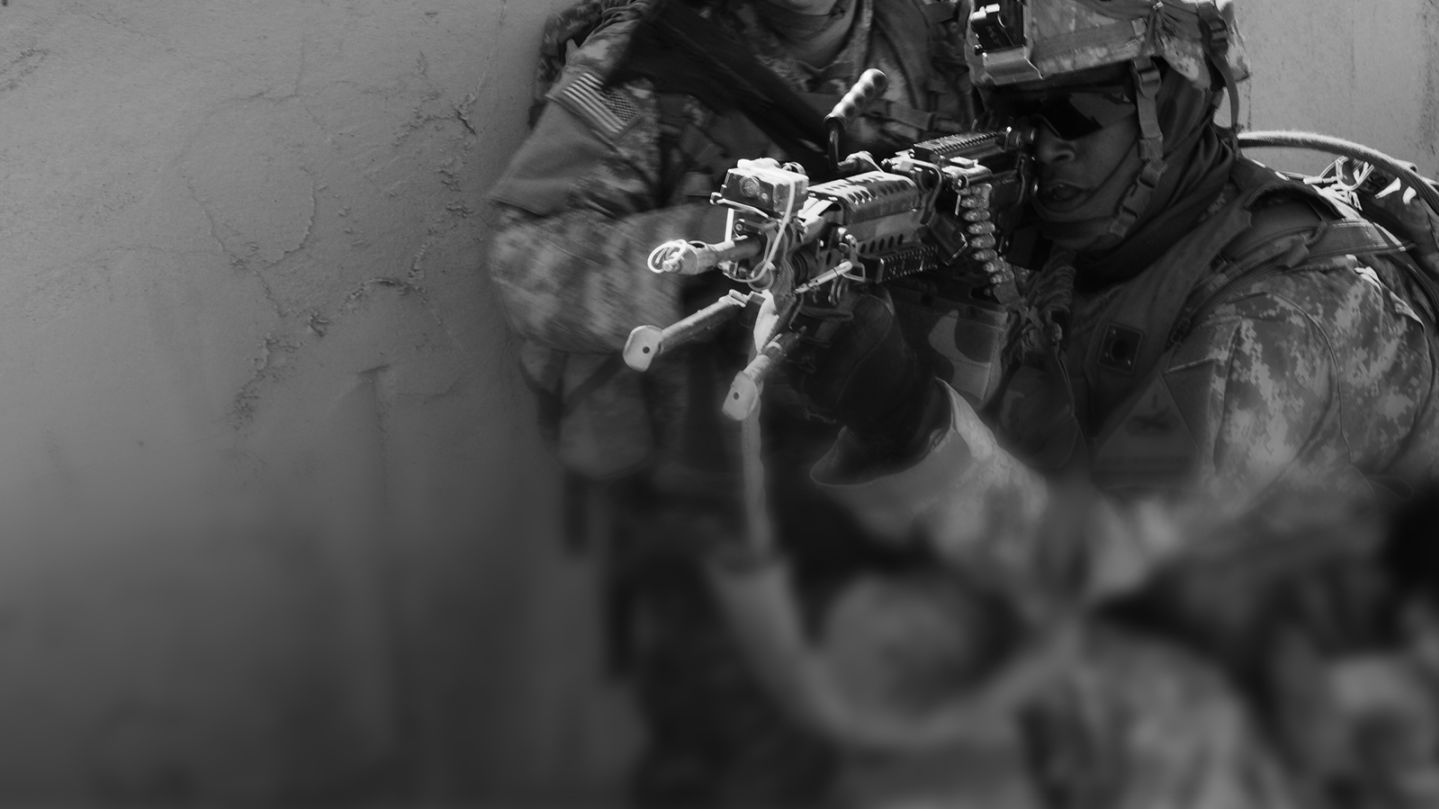Story highlights
President-elect Trump called NATO obsolete, while his cabinet picks have lauded the alliance
Divergent views could set stage for policy clashes in new administration
President-elect Donald Trump’s says he thinks NATO is “obsolete,” but that view stands in stark contrast to his own picks for Defense Secretary and Secretary of State.
Both Ret. Gen. James Mattis and former ExxonMobil CEO Rex Tillerson provided robust support for the alliance during their respective Senate confirmation hearings.
“If we did not have NATO today, we would need to create it,” Mattis said Thursday, adding that it “is vital to our national interests, and it’s vital to the security of the United States.”
Trump’s comments in an interview come days after some 4,000 US troops arrived in Poland in an effort to bolster ties with NATO allies and send a clear message to Russia.
The clear gulf between Trump’s characterization of the alliance and that of his Cabinet nominees could set-up potential policy clashes with the White House.
The diverging views were quickly noticed by officials in the US and Europe.
“I have just had a conversation with the NATO Secretary General Jens Stoltenberg, who is concerned that President-elect Trump regards NATO as obsolete,” German foreign minister Frank Walter Steinmeier said Monday.
“This is in contradiction with what the American defense secretary (nominee) said in his hearing in Washington just a few days ago,” Steinmeier added.
Ivo Daalder, a former ambassador to NATO during President Barack Obama’s first term, highlighted the perceived discrepancy in a tweet.
And Secretary of STate John Kerry noted some of the conflicting views, saying of Trump, “His administration is going to have to begin at some point to speak with one voice.”
In the interview with the Times of London and Bild, Trump said NATO was obsolete “because it was, you know, designed many, many years ago,” and “because it wasn’t taking care of terror.”
Trump also once again claimed credit for the creation of a new NATO post, assistant secretary-general for intelligence and security, referring to it in the interview as a “terror division.” NATO officials have told CNN that the post had “been considered for some time,” as part of an effort to increase the alliance’s ability to deal with threats such as hybrid warfare.
NATO officials have long stressed that the alliance has already had a role in combating terrorism through its missions in the Mediterranean, flying aerial support against ISIS, Afghanistan and elsewhere.
Mattis, a former Supreme Allied Commander for NATO’s transformation command, acknowledged the alliance’s role in fighting terrorism, citing its operation in Afghanistan dating back to 9/11.
“The first time it went to war was when this town and New York City were attacked. It’s the first time NATO went into combat,” Mattis said.
Trump also complained that the members of the alliance are not paying the recommended 2% of GDP on defense, saying that only five of NATO’s 22 members were meeting that target. There are actually 28 members of the alliance.
“So we’re supposed to protect countries but a lot of these countries aren’t paying what they’re supposed to be paying, which I think is very unfair to the United States,” Trump said.
And while NATO officials, Mattis and others have also sought to boost defense spending within the Alliance, Trump’s pick for secretary of state, Tillerson, told the Senate Wednesday that the NATO treaty’s collective defense “commitment is inviolable and the US is going to stand behind that commitment.”
“I’m confident that the president-elect expects us to live up to our word to include NATO in Article V,” Mattis said, referencing the collective defense clause in the NATO treaty.
Tillerson added that he would not recommend tying America’s willingness to commit to the defense of a NATO ally in an attempt to get countries to boost their defense spending, a link that Trump had drawn in past interviews.
Trump on Friday acknowledged the difference between some of his views and those of his nominees, taking to twitter to write, “I want them to be themselves and express their own thoughts, not mine!”
But Trump also sent mixed messages on the alliance, saying that despite his criticism, “NATO is very important to me,” and asked if Europe could depend on an American security guarantee, said “Yeah, I feel very strongly toward Europe.”
During his confirmation hearing, Mattis said that he has made his views on NATO clear to the President-elect, saying, “I have had discussions with him on this issue. He has shown himself open, even to the point of asking more questions, going deeper into the issue about why I feel so strongly.”



